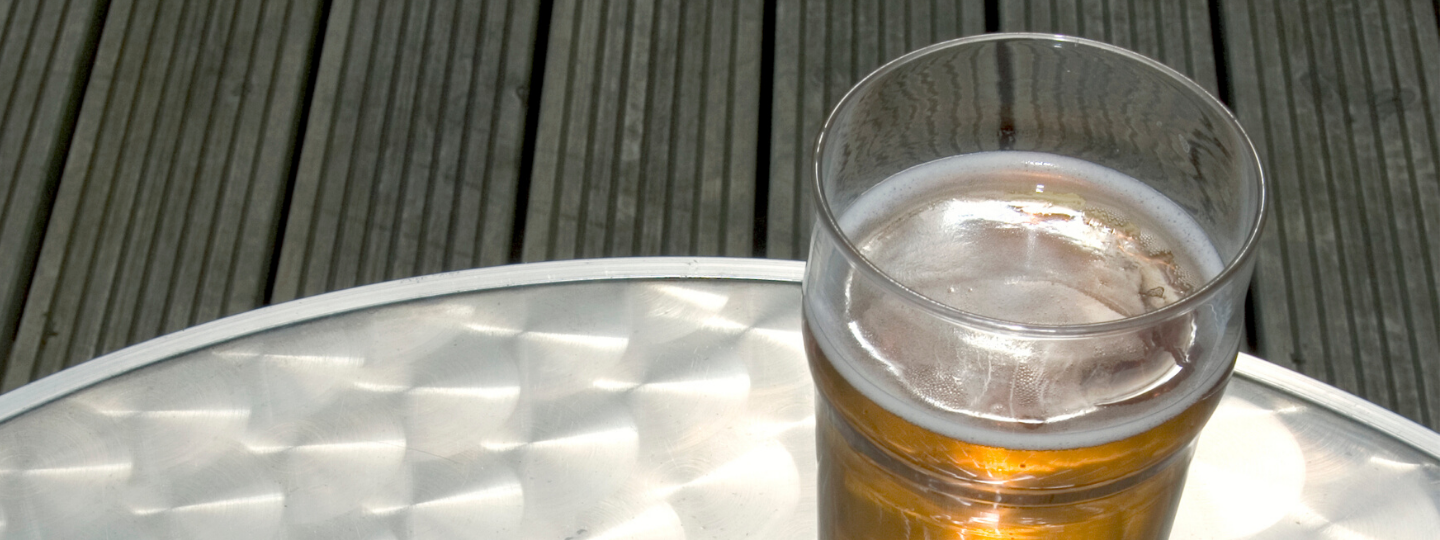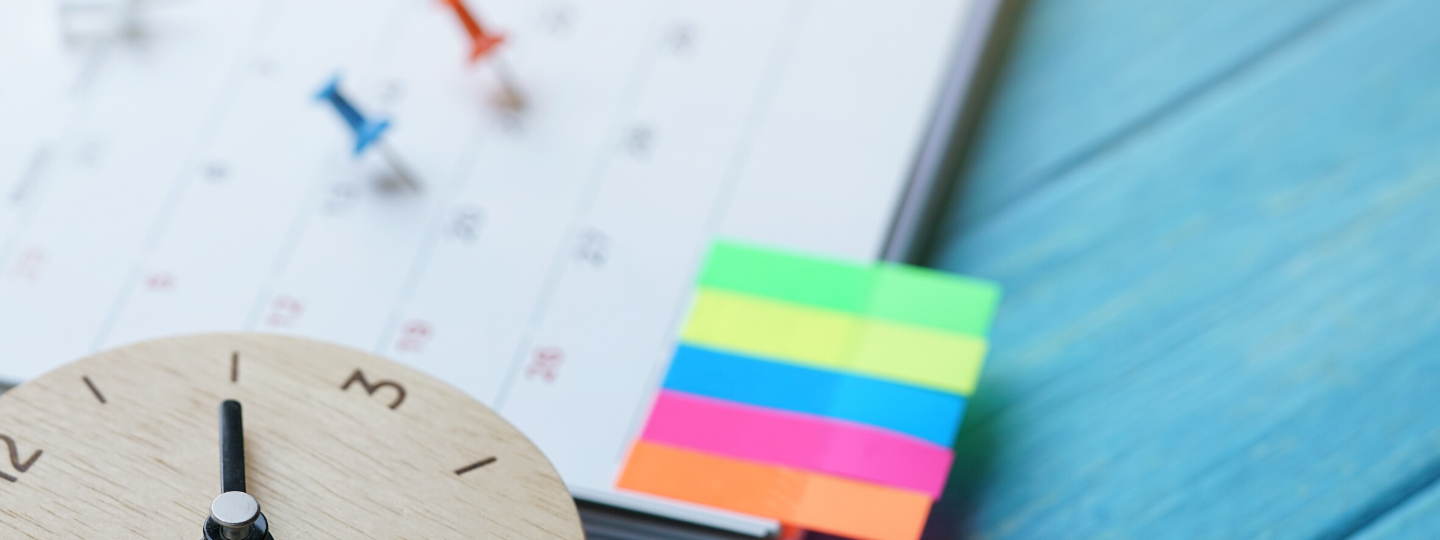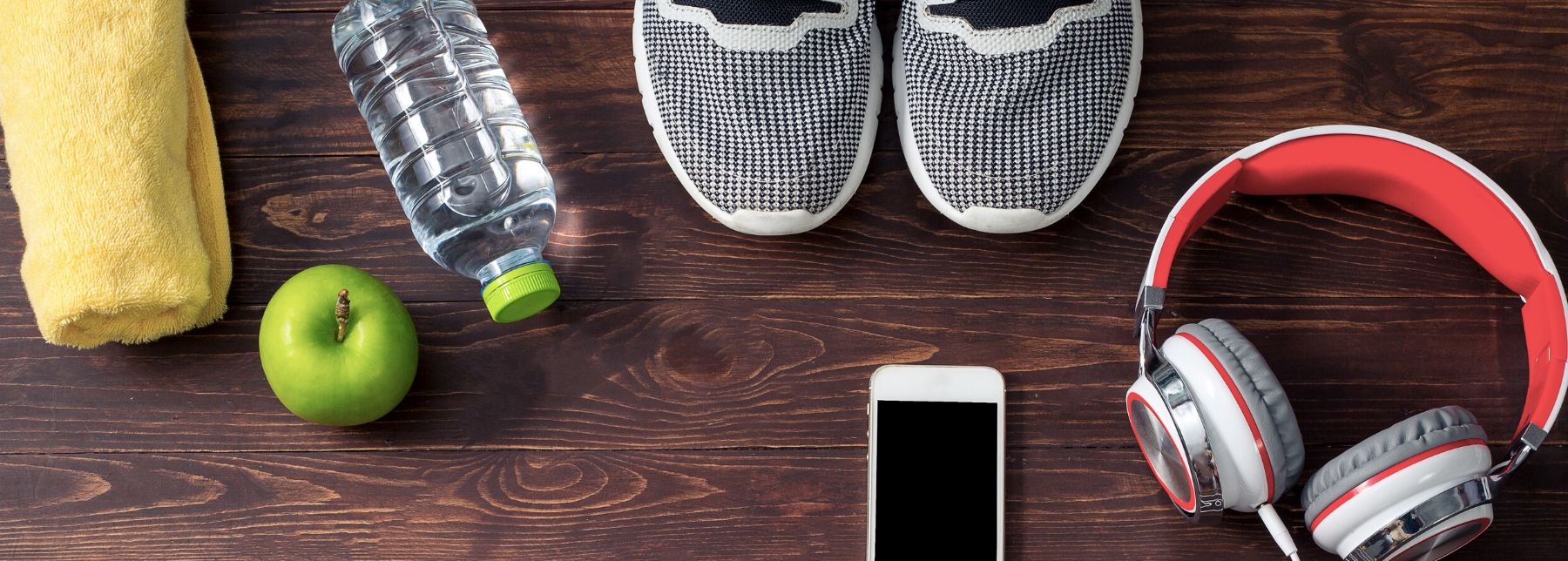Karima, a Jigsaw volunteer gives her story
Friday, 24 April was the first day of Ramadan for me and many other Muslims around the world.
This Ramadan will be different to the many others I’ve experienced, due to the current lockdown situation.
Throughout the month of Ramadan, most Muslims won’t eat or drink between dawn and sunset. This is known as fasting and it is one of the Five Pillars of Islam; alongside Faith, prayer, charity and doing Hajj (a journey to the city of Mecca). Ramadan is the ninth month of the Islamic calendar. As we use the lunar calendar, its date changes on a yearly basis that is based on the different moon cycles.












